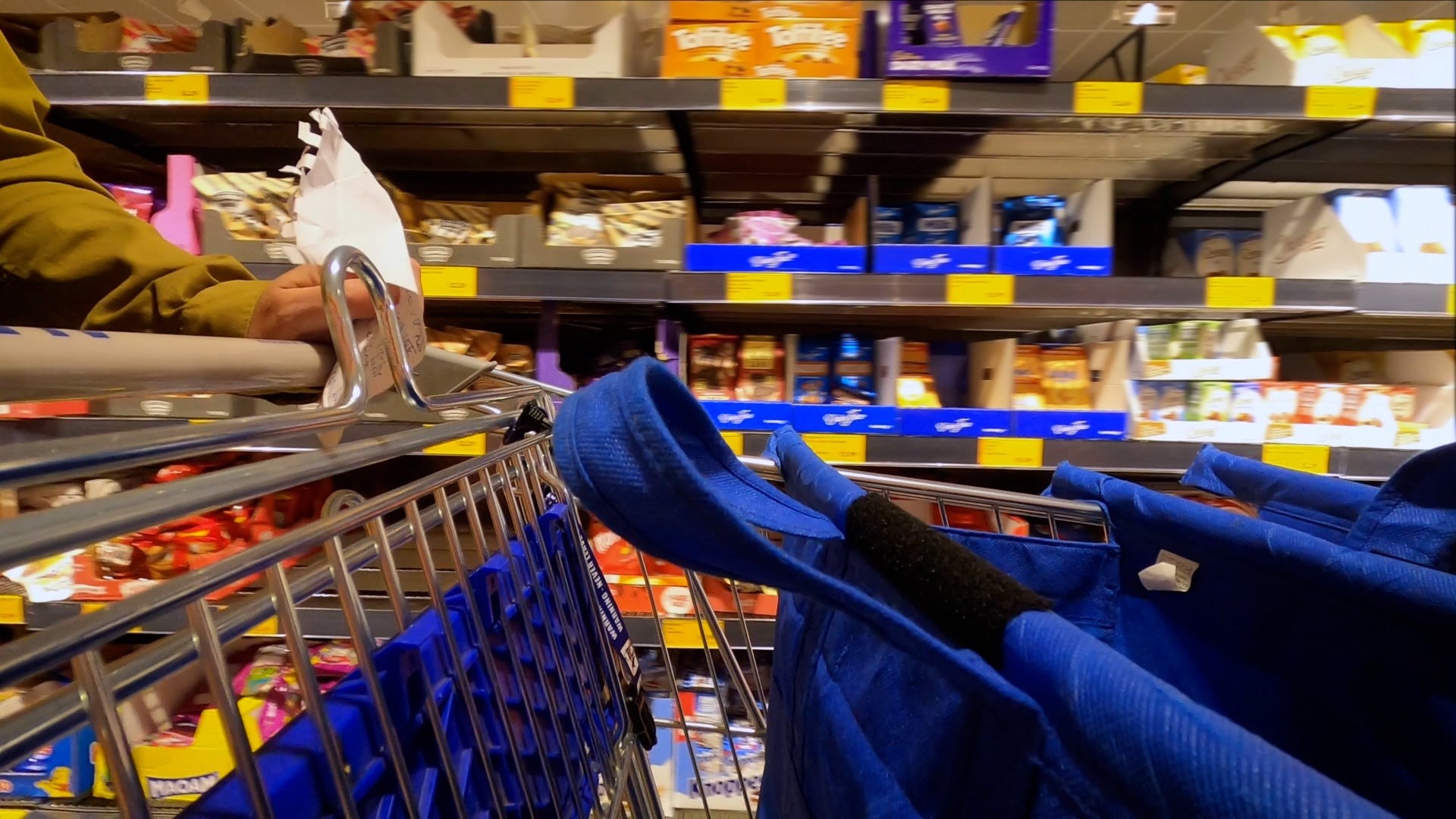December saw a flurry of activity from the U.S. Food and Drug Administration (FDA) as the agency recalled a number of foods due to potential health risks. For consumers, staying informed about these recalls is crucial to ensure the safety of their households, especially during the busy holiday season. This month’s recalls spanned various food categories, highlighting the importance of vigilance and prompt action when a food product is recalled.
The FDA routinely monitors the food supply and issues recalls when products are found to be potentially harmful or mislabeled. In December, a significant portion of the recalls involved fresh produce, particularly cucumbers and vegetables, raising concerns about potential contamination. While specific details of each recall are available on the FDA’s website, understanding the general scope and recommended actions is vital for every consumer.
Understanding FDA Food Recalls in December 2024
The FDA’s role is to protect public health by ensuring the safety of the nation’s food supply. When a food product is recalled, it means the FDA or the manufacturer has identified a problem that could make consumers sick. These problems can range from bacterial contamination like Salmonella or Listeria, to undeclared allergens, or even foreign material found in the product. The recalls in December underscore the ongoing efforts to maintain food safety standards and protect consumers from potential hazards.
It’s important to note that many recalls are preventative measures taken by food manufacturers in collaboration with the FDA. This proactive approach aims to minimize any potential risk to public health, even if no illnesses have been reported yet. The December recalls serve as a reminder of the complexities of the food supply chain and the constant monitoring required to ensure safety.
 Fresh produce in a grocery store, representing food safety and FDA recalls in December.
Fresh produce in a grocery store, representing food safety and FDA recalls in December.
What Should You Do If You Have a Recalled Food?
If you discover that you have purchased a food product that has been recalled by the FDA in December, or any other time, it’s important to take immediate action. FoodSafety.gov provides clear guidelines on how to handle recalled products, ensuring your safety and minimizing potential risks.
Key Steps to Take with Recalled Foods:
- Stay Calm: Most food recalls are precautionary and not linked to widespread outbreaks. Recalls often happen because of potential contamination risks identified before anyone gets sick.
- Do Not Consume: Absolutely avoid eating or drinking the recalled product. Your health is the priority. Do not donate the recalled food to food banks or give it to pets either.
- Do Not Open (If Possible): Avoid opening the product to prevent any potential spread of contaminants. Foodborne illness causing bacteria and viruses are often invisible. If you do handle the product, wash your hands thoroughly with soap and warm water for at least 20 seconds afterwards.
- Follow Recall Instructions: The recall notice will provide specific instructions. Generally, you will be advised to either:
- Return the product: Take it back to the store where you bought it for a full refund.
- Safely Dispose of it: Discard the product in a way that prevents anyone else, including animals, from consuming it, especially if already opened.
By staying informed about food recalls and knowing how to respond, consumers can play a vital role in protecting themselves and their families from foodborne illnesses. Regularly checking the FDA’s recall website and being aware of product information are simple yet effective steps to ensure food safety.